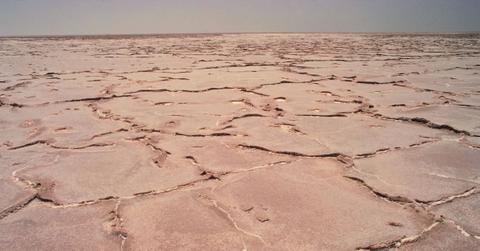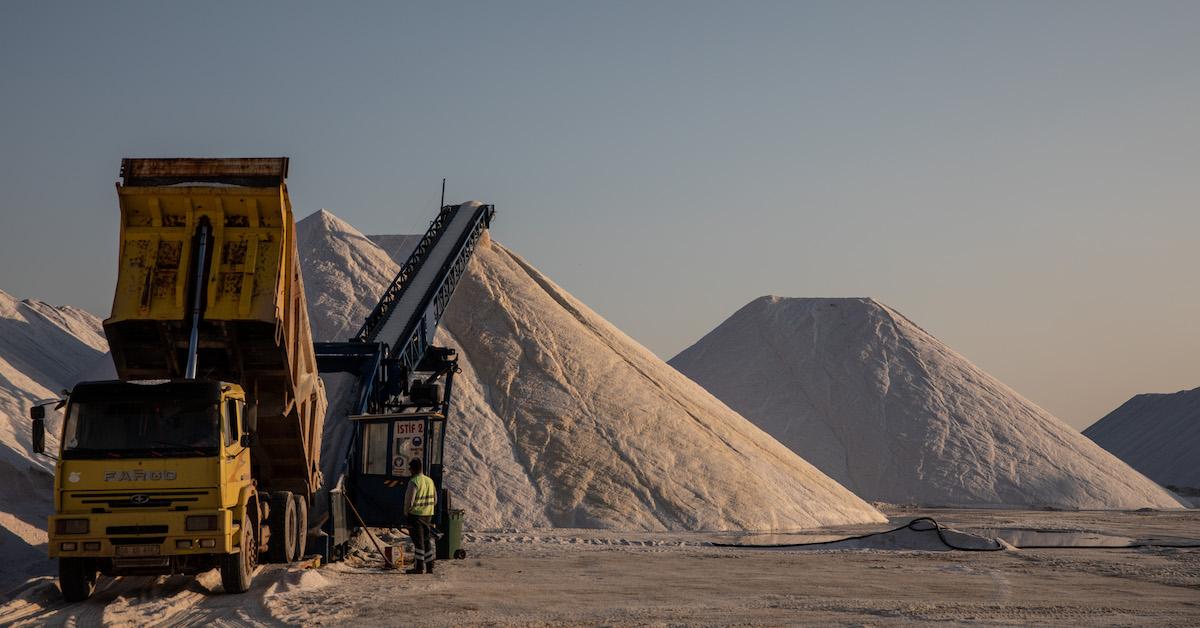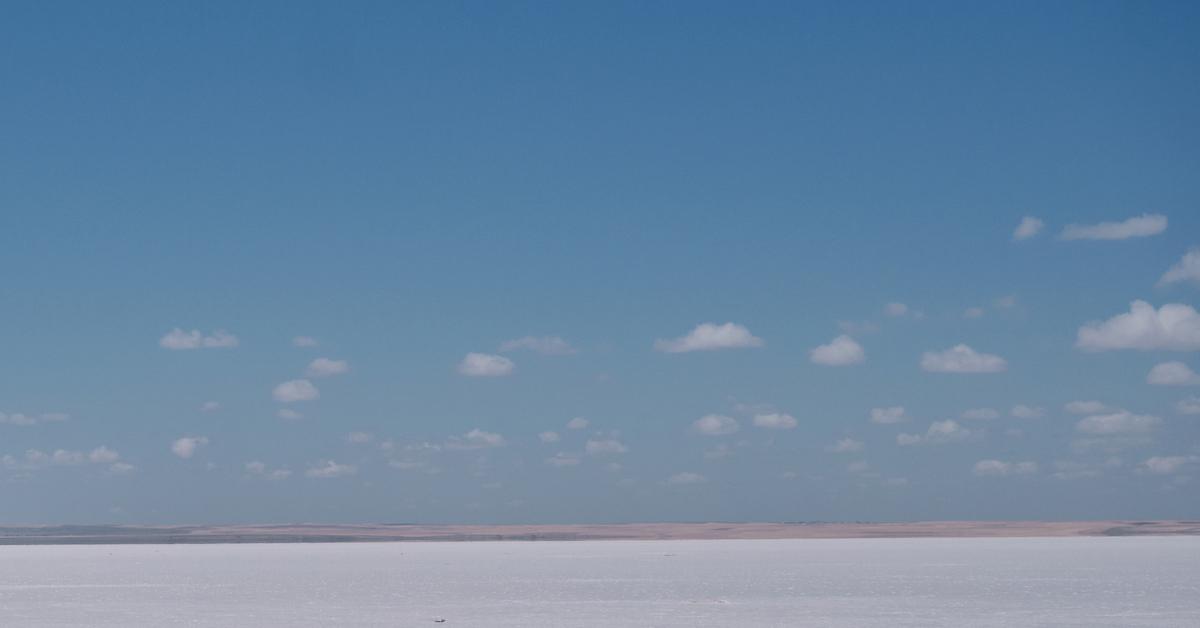Turkey’s Lake Tuz Has Officially Dried Up, and You Can Probably Guess Why
Published Oct. 28 2021, 10:16 a.m. ET

Countless bodies of water effectively disappeared in 2021. Lake Oroville in California, for example, tanked to the point that hydropower plants had to shut down. Likewise, the Colorado River's drought was so devastating, that it went down in history, and left many without a source of fresh drinking water. Now, though, the second largest lake in Turkey, Lake Tuz, has completely dried up, and you could probably guess the culprit: climate change.
Obviously, this has been absolutely devastating for the local wildlife.
“There were about 5,0000 young flamingos. They all perished because there was no water,” wildlife photographer Fahri Tunc said, as per The Daily Union. “It was an incredibly bad scene. It’s not something I can erase from my life. I hope I do not come across such a scene again.”

Lake Tuz has officially dried up.
Turkey's 643 square mile Lake Tuz has fully receded as of October 2021, according to AP News. Water levels have been plummeting since the year 2000, but being the second biggest lake nationwide and home to several bird species, it's been an ecological tragedy, to say the least. Experts blame ongoing droughts in the entire Mediterranean basin, low precipitation, and rising temperatures. Some fear this could also lead to the formation of sink holes.
Unsustainable irrigation practices also contributed to the lake's recession. "[We have] rising temperatures and decreasing rain, and on the other side, the water needs for irrigation in agriculture,” Bogazici University’s Center for Climate Change and Policy Studies scientist, Levent Kurnaz, told AP News. “It’s a bad situation all over Turkey at the moment.”
Corn, sugar beets, and alfalfa are commonly grown in the area, and while they're profitable, they require a lot of water.
The irrigation effectively drained all the groundwater supplies and any streams that had previously fed the lake, because farmers kept digging illegal wells that divert streams, and there weren't many regulations in place.
“If you don’t pay them enough money, the farmers, they will plant whatever is water intensive and will make money for them. And if you just tell them it’s not allowed, then they won’t vote for you in the next election,” Kurnaz said.
Turkey also faced catastrophic wildfires earlier this summer.
Turkey has certainly had a difficult year. In August 2021, Turkey faced wildfires that damaged approximately 7,400 acres of pine and olive trees. Millions of families were also evacuated from their homes, many were also hospitalized, and at least 8 were killed. Tourists staying at beach resorts in the area also had to be evacuated by by boat. This had followed weeks of arid weather, with temperatures consistently in the triple digits, and humidity at less than 14 percent for several weeks.
At the time, winds were also incredibly high, blowing off the Mediterranean at about 31 miles per hour, which made extinguishing the fire increasingly difficult. Although much of it was extinguished, it had caused quite a bit of damage, and spread to Greece and Italy.
Needless to say, the Mediterranean is certainly being hit hard by climate change — we're looking forward to hearing what goes on at COP26 this year.
